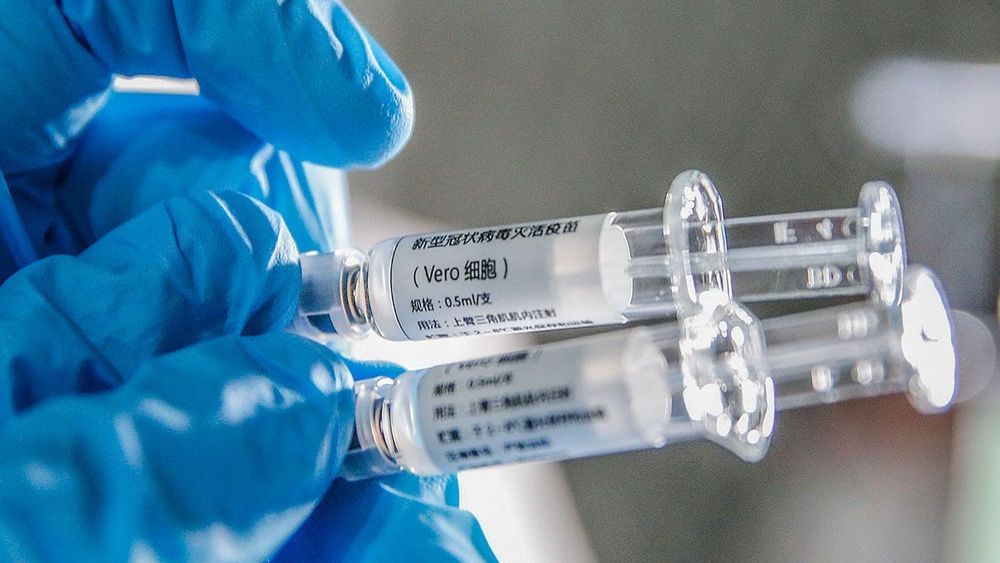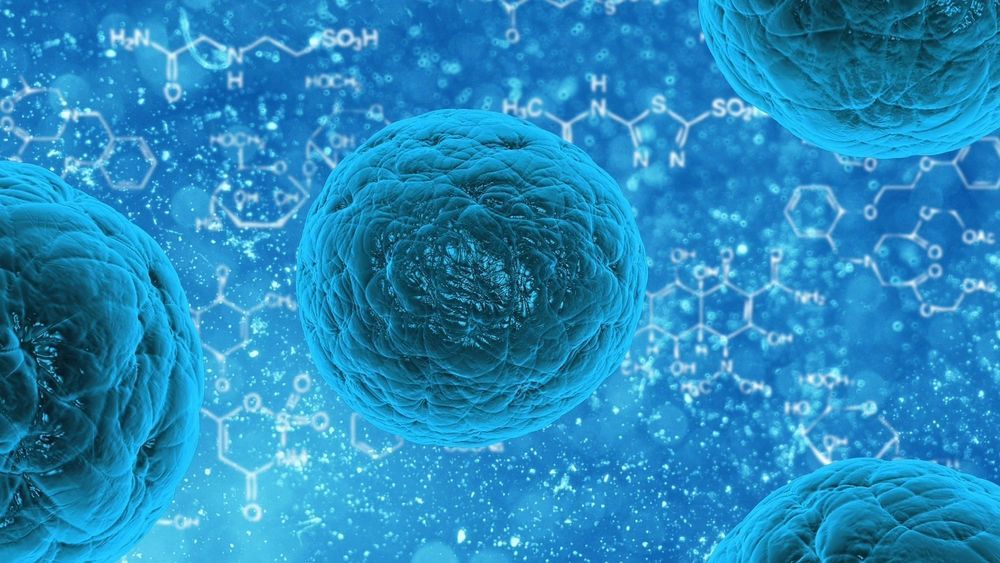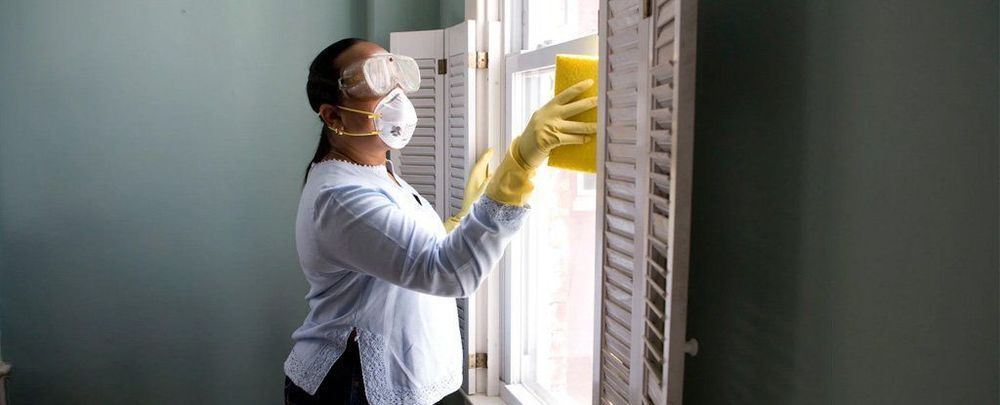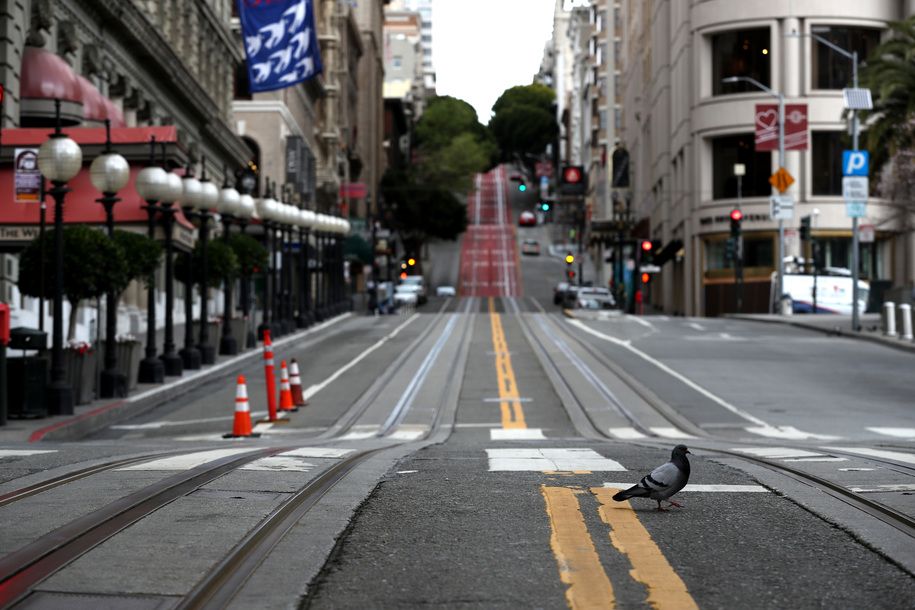Archive for the ‘biotech/medical’ category: Page 1311
Apr 23, 2020
Whole genome sequencing reveals genetic structural secrets of schizophrenia
Posted by Quinn Sena in categories: biotech/medical, genetics, neuroscience
:ooooo.
Most research about the genetics of schizophrenia has sought to understand the role that genes play in the development and heritability of schizophrenia. Many discoveries have been made, but there have been many missing pieces. Now, UNC School of Medicine scientists have conducted the largest-ever whole genome sequencing study of schizophrenia to provide a more complete picture of the role the human genome plays in this disease.
Published in Nature Communications, the study co-led by senior author Jin Szatkiewicz, PhD, associate professor in the UNC Department of Genetics, suggests that rare structural genetic variants could play a role in schizophrenia.
Continue reading “Whole genome sequencing reveals genetic structural secrets of schizophrenia” »
Apr 23, 2020
Smartphone-powered device tests blood samples for genetic conditions
Posted by Quinn Sena in categories: 3D printing, biotech/medical, genetics, mobile phones
It is now possible to use a cheap, lightweight and smartphone-powered DNA detector to identify DNA in blood, urine and other samples, on the spot.
At the moment, testing to identify DNA is done in laboratories using expensive, specialised equipment. To make this process faster and cheaper, Ming Chen at the Army Medical University in China and his colleagues developed a portable DNA detector made of 3D-printed parts that attach to a standard smartphone.
Apr 23, 2020
Reversing diabetes with CRISPR and patient-derived stem cells
Posted by Quinn Sena in categories: bioengineering, biotech/medical, genetics
Now, scientists at Washington University in St. Louis have developed a way to use gene editing system CRISPR-Cas9 to edit a mutation in human-induced pluripotent stem cells (iPSCs) and then turn them into beta cells. When transplanted into mice, the cells reversed preexisting diabetes in a lasting way, according to results published in the journal Science Translational Medicine.
While the researchers used cells from patients with Wolfram syndrome—a rare childhood diabetes caused by mutations in the WFS1 gene—they argue that the combination of a gene therapy with stem cells could potentially treat other forms of diabetes as well.
Virtual Event
Apr 23, 2020
Study identifies potential drug treatments for telomere diseases
Posted by Kevin Huang in categories: biotech/medical, life extension
Capping decades of research, a new study may offer a breakthrough in treating dyskeratosis congenita and other so-called telomere diseases, in which cells age prematurely. Using cells donated by patients with the disease, researchers at the Dana-Farber/Boston Children’s Cancer and Blood Disorders Center identified several small molecules that appear to reverse this cellular aging process. Suneet Agarwal, MD, Ph.D., the study’s senior investigator, hopes at least one of these compounds will advance toward clinical trials. Findings were published April 21 in the journal Cell Stem Cell.
If so, it could be the first treatment for dyskeratosis congenita, or DC, that could reverse all of the disease’s varying effects on the body. The current treatment, bone marrow transplant, is high-risk, and only helps restore the blood system, whereas DC affects multiple organs.
Apr 23, 2020
Micro-device to detect bacteria, viruses
Posted by Fyodor Rouge in categories: bioengineering, biotech/medical, nanotechnology
Engineering researchers developed a next-generation miniature lab device that uses magnetic nano-beads to isolate minute bacterial particles that cause diseases. Using this new technology improves how clinicians isolate drug-resistant strains of bacterial infections and difficult-to-detect micro-particles such as those making up Ebola and coronaviruses.
Ke Du and Blanca Lapizco-Encinas, both faculty-researchers in Rochester Institute of Technology’s Kate Gleason College of Engineering, worked with an international team to collaborate on the design of the new system — a microfluidic device, essentially a lab-on-a-chip.
Drug-resistant bacterial infections are causing hundreds of thousands of deaths around the world every year, and this number is continuously increasing. Based on a report from the United Nations, the deaths caused by antibiotics resistance could reach to 10 million annually by 2050, Du explained.
Apr 23, 2020
Coronavirus drug to be tested on patients in Israel
Posted by Omuterema Akhahenda in category: biotech/medical
A drug that has shown promising results against coronavirus is going to be tested in four hospitals in Israel as part of a global clinical trial involving around forty clinical centers.
The drug, Selinexor, or XPOVIO as it is currently marketed in the US, has been developed by oncology-focused pharmaceutical company Karyopharm Therapeutics. Co-founded by Israeli scientist Sharon Shacham in 2008, the company is based in the US but maintains a regional office in Israel.
XPOVIO was developed for treating patients with relapsed or refractory multiple myeloma. It is FDA approved for this purpose. However, it has the potential to be a tool to fight the coronavirus, and clinical trials are needed to assess its effectiveness, according to Anat Haas Mizrahi, Karyopharm’s Israel general manager; and Dayana Michel, its senior medical director.
Continue reading “Coronavirus drug to be tested on patients in Israel” »
Apr 23, 2020
Amazon India now allows local stores to sell groceries online
Posted by Genevieve Klien in category: biotech/medical
Amazon is partnering with local grocery stores in India to let them sell goods through the company’s ecommerce platform. Under the “Local Shops on Amazon” program, the firm aims to bring small brick and mortar stores online.
The company said the project was in a pilot phase for the last six months with more than 5,000 stores onboard. Now, with the increasing demand for delivered groceries during the coronavirus pandemic, it has decided to formally launch the program. As a part of the launch, the Amazon is pumping ₹10 crores ($1.3 million) into this initiative.
[Read: Google Duo majorly improves low-bandwidth video quality with new codec].
Apr 22, 2020
Cleaning Products Can Kill The COVID-19 Virus. Here’s What to Use in Your House
Posted by Quinn Sena in category: biotech/medical
COVID-19 has only been around for a few months, so at this point scientists don’t know that much about it. But more is being learned every day.
We now know, for example, it can live on surfaces for up to nine days and survives in the air for a few hours. We also now know that the virus particles are shed through saliva and fluids coughed up from the lungs. And that the virus can also be shed from our faeces.
It’s easy for an infected person to spread the virus particles through coughing, touching other people or leaving the virus on surfaces.
Apr 22, 2020
New California study shows $1 billion silver lining due to coronavirus shelter-in-place orders
Posted by Quinn Sena in categories: biotech/medical, health
:ooooo.
At the beginning of March, Democratic Gov. Gavin Newsom of California announced a series of executive orders he hoped would help slow the spread, and subsequently mitigate the health impact, of COVID-19. One of those orders told Golden State residents to shelter-in-place. This order, set for two weeks, has been extended until May. Gov. Newsom has subsequently told residents that the process through which these public health safety measures will be loosened up is going to be deliberate, and done by degrees.
A study out of UC Davis in California says there is one silver lining to the shelter-in-place orders, though. According to researchers, the California highway patrol—who on average respond to more than 2,000 roadway “incidents” per day—have reported an enormous reduction in the daily rate of collisions. This means a lot less death and injury and a lot of public money saved.

















